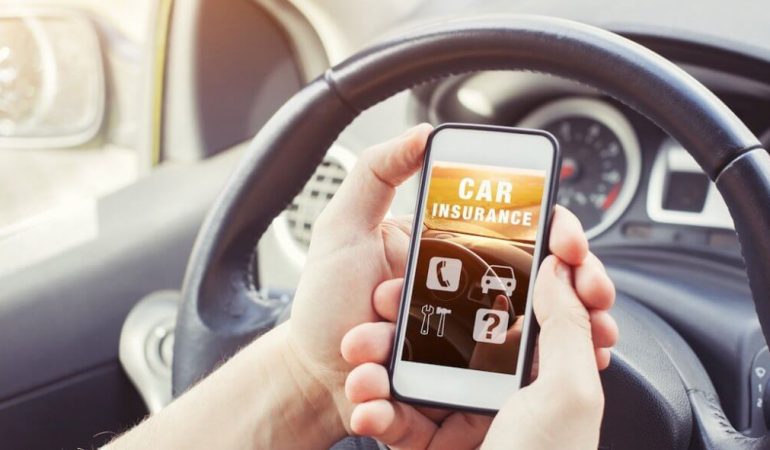If you've recently been convicted of a DUI in Florida, you might find yourself needing an FR-44. This requirement comes with specific criteria that can feel overwhelming. To guarantee you're compliant, you'll need to understand the serious driving offenses that trigger this need and the higher insurance limits mandated by the state. Let's explore what steps you need to take next to navigate this process effectively.
If you've recently faced a driving offense in Florida, such as a DUI or driving with a suspended license, you might find yourself needing an FR-44. This certification of financial responsibility is required for certain serious offenses, and understanding how to qualify for it can help you navigate the process more easily.
Unlike the SR-22, which is for less severe violations, the FR-44 comes with higher liability coverage limits. In Florida, you need liability coverage of at least $100,000 per person, $300,000 per accident, and $50,000 for property damage, along with $10,000 in Personal Injury Protection (PIP). FR-44 mandates higher liability limits which helps ensure that drivers maintain adequate coverage for serious offenses. This higher liability coverage is designed to protect all parties involved in an accident, especially in high-risk scenarios.
The most common triggers for needing an FR-44 include DUI convictions, driving with a suspended license, or causing serious injury while driving impaired. Other serious offenses, like hit-and-run incidents or vehicular manslaughter, can also result in the requirement of an FR-44.
If you've been involved in any of these situations, your next step is to find an insurer that offers FR-44 coverage. Finding an insurer can be a bit challenging, especially if you're considered a high-risk driver. You'll want to contact various insurance companies to inquire about policies that meet the FR-44 requirements.
When you apply, make sure that the policy meets the higher liability limits mandated by the state. Generally, insurers will file the FR-44 form electronically with the DMV on your behalf, making the process smoother for you.
Once you secure the insurance coverage, maintaining continuous coverage is essential during the specified period. The state typically notifies drivers when they require an FR-44, so keep an eye out for that notification. You'll need to verify that your insurer provides proof of coverage to the DMV as well.
Be aware that most insurers charge a small filing fee, which is often added to your premium. Cost considerations play a notable role in this process. Due to the underlying offense and the increased liability coverage, you can expect your insurance premiums to rise considerably.
While the filing fees for the FR-44 are generally minimal, it's wise to shop around for the best rates. High-risk specialists might offer more competitive rates, so don't hesitate to compare quotes from different insurers. Factors like your location and driving record will also affect your premium, so take these into account when seeking coverage.
If you don't own a vehicle but still need an FR-44, you'll need non-owner insurance. This type of policy provides liability coverage for borrowed vehicles and is also required under these circumstances.
Remember that non-owner policies may not be available online, so you might need to contact insurers directly for quotes. Qualifying for an FR-44 in Florida might seem intimidating, but by understanding the requirements and taking the right steps, you can get back on the road.
Conclusion
To qualify for an FR-44 in Florida, you need to have faced serious driving violations like a DUI or suspended license. Once notified, you must secure higher liability coverage and maintain it for a designated period. Curiously, about 1 in 3 drivers in Florida will face a license suspension at some point in their lives, highlighting the importance of understanding these requirements. Stay informed and compliant to avoid further penalties and guarantee your driving privileges are restored.

